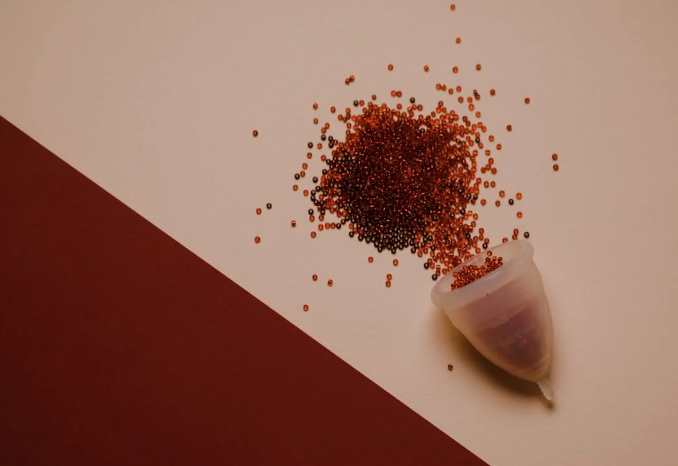Women struggle with menstrual health – study

A sizeable number of Kenyan women are still struggling to access menstrual hygiene products, the Ministry of Health has revealed.
This, the ministry reveals, is despite the efforts to avail menstrual hygiene products for disadvantaged girls and women.
Findings of a study by the Ministry of Health conducted in 2016, and still apply today, shows there is a heavy reliance on the disposable pads among 46 percent of those surveyed.
The Ministry believes that even today, 54 percent of Kenyan girls are still experiencing challenges accessing menstrual hygiene management (MHM) products.
“Research conducted by the Ministry of Health in 2016 highlights challenges faced by Kenyan girls and women regarding menstrual health and hygiene,” said Public Health Principal Secretary, Mary Muthoni in a statement yesterday, marking the Menstrual Hygiene Day under the theme: Empowering Women and Girls through Improved Menstrual Health and Hygiene.
The PS noted that the lack of access to MHM products is associated with risky sexual behavior, with some resorting to unsafe methods or engaging in transactional sex to acquire them.
Poor WASH conditions in schools further exacerbate challenges, hindering girls’ education and attendance, the PS further noted.
Muthoni expressed concern that despite efforts, including the provision of sanitary pads in schools, more than half of menstruating Kenyan girls and women, about 65 percent estimated to be 18.5 million still lack sustainable access to safe menstrual products.
While outlining the achievements made so far in advocating for menstrual hygiene among Kenyan women, the PS called on organizations implementing the programme to support county-level execution of the MHM Policy.
“We are also just asking the implementing organisations to lobby the National Government for full policy implementation, and support the establishment of the National MHM Task Force,” Muthoni said. She articulated the available opportunities for partnership and collaboration that include joint learning, research endeavours, progress assessment meetings, and strengthening the market base for MHM products and services.



